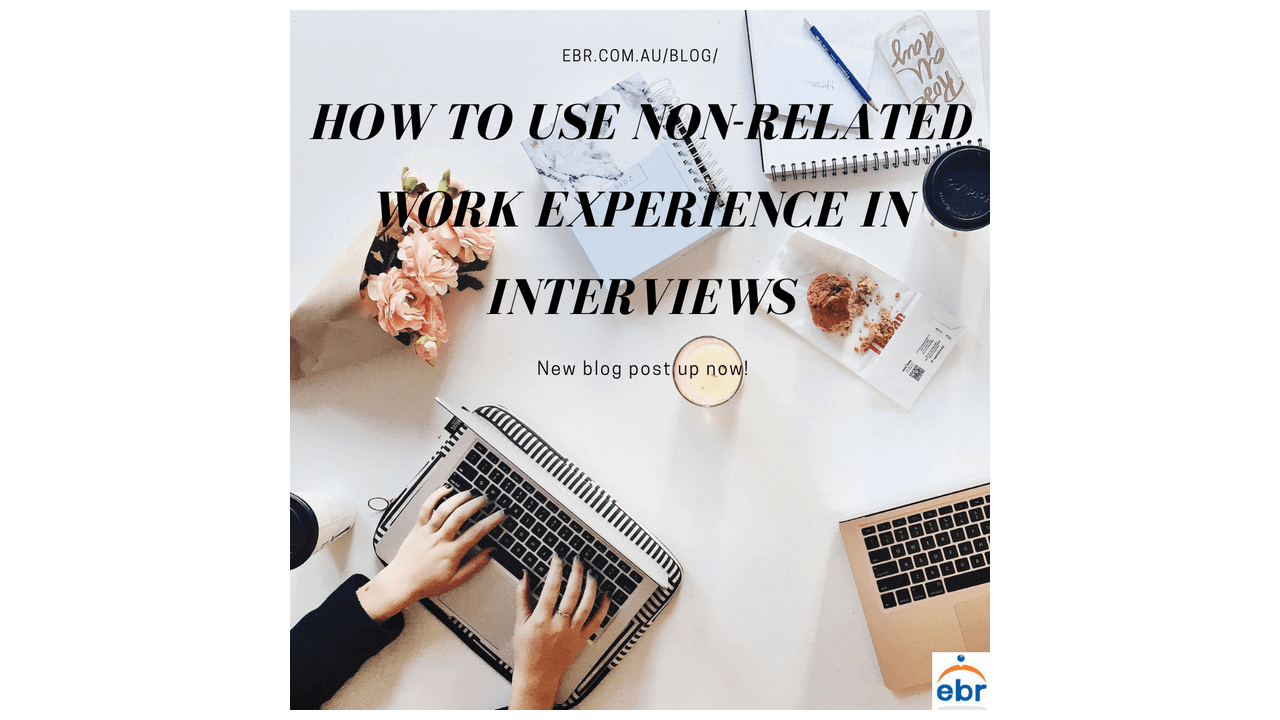How to Use Non-Related Work Experience in Interviews
While it may seem hopeless to go into an interview without any proper work experience to talk about, there are many ways that you can use your non-related work experiences outside of work to prove your worth as a candidate.
The key idea of using non-related work experience
The main idea you need to get across to your interviewer is that despite a lack of relevant experience, you still managed to have the relevant skills to get the job. Below is a list of non-related work experience that you may have, and you can easily use to your advantage.
If you have educational experience:
Education can be often underestimated by candidate in the modern workforce that emphasises work experience. However, there are many skills and experiences from your education that help you gain vital work skills. For example, if your interviewer asks for conflict management experience, you can talk about how you resolved a conflict within your group for an assignment. Or if your interviewer asks for your experience with coding programs, then you can list the number of programs you have learnt and achieved high marks in. There are multiple ways that you can gain extra points by using your educational experiences. The main idea to remember is that as long it needs to demonstrate to your interviewer that you have managed to gain the valuable skills relevant to the job position, even if you have yet to apply them to the actual workforce.
If you have volunteering experience:
Volunteering experience is often recommended, particularly for young high school or university students. Volunteering experience can come in the form of charity programs or in student societies. Both forms of volunteering can be used to gain ground with the interviewer as the nature of these experiences can resemble that of the actual workforce. If you have volunteering experience, then teamwork and communication skills, and maybe even supervising and management skills, would be your best bet. Additionally, student subcommittees are arguably even better non-related work experiences you can use because they are often run to mimic how a business would usually operate, with different faculties, a budget and business goals. Thus, just like educational experiences, you can easily take the relevant skills that you have developed through your volunteering experiences and apply them in your interview.
If you have work experience from different positions:
If you have work experience, but they are from positions that are different from the one you are applying for, then you can still use the skills you have learnt then and apply them to your new desired position. If you are applying for a job within the same field or the same company sector as your previous positions, then ensure that you emphasis your experiences within those regions of similarities. However, even if you are applying for a job that is wildly unlike your previous roles, then you can always refer to the universally sought-after work skills that you have gain from your jobs prior to. These universally sought-after skills can be communication skills, leadership roles, organisation skills etc. The fact that you have been able to apply it to the actual workforce would be a bonus.



